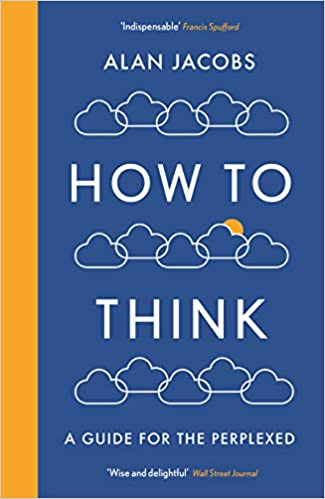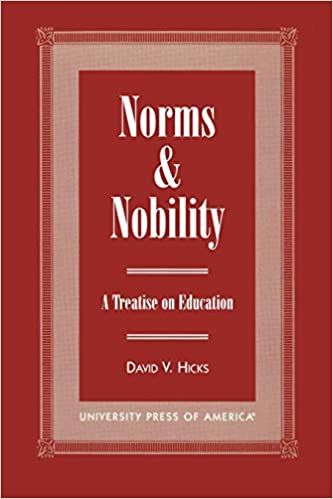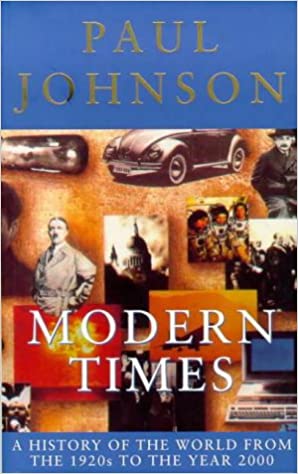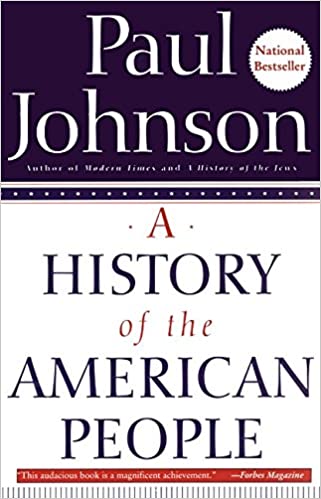How To Think: A Guide for the Perplexed
How to Think is a contrarian treatise on why we're not as good at thinking as we assume - but how recovering this lost art can rescue our inner lives from the chaos of modern life.
Most of us don't want to think, writes the American essayist Alan Jacobs. Thinking is trouble. It can force us out of familiar, comforting habits, and it can complicate our relationships with like-minded friends. Finally, thinking is slow, and that's a problem when our habits of consuming information (mostly online) leave us lost in the echo chamber of social media, where speed and factionalism trump accuracy and nuance.
More info →Norms and Nobility: A Treatise on Education
A reissue of a classic text, Norms and Nobility is a provocative reappraisal of classical education that offers a workable program for contemporary school reform. David Hicks contends that the classical tradition promotes a spirit of inquiry that is concerned with the development of style and conscience, which makes it an effective and meaningful form of education. Dismissing notions that classical education is elitist and irrelevant, Hicks argues that the classical tradition can meet the needs of our increasingly technological society as well as serve as a feasible model for mass education.
More info →Modern Times: A History of the World from the 1920s to the Year 2000
The classic world history of the events, ideas, and personalities of the twentieth century.
More info →A History of the American People
"The creation of the United States of America is the greatest of all human adventures," begins Paul Johnson. "No other national story holds such tremendous lessons, for the American people themselves and for the rest of mankind."
In his prize-winning classic, Johnson presents an in-depth portrait of American history from the first colonial settlements to the Clinton administration. This is the story of the men and women who shaped and led the nation and the ordinary people who collectively created its unique character. Littered with letters, diaries, and recorded conversations, it details the origins of their struggles for independence and nationhood, their heroic efforts and sacrifices to deal with the 'organic sin’ of slavery and the preservation of the Union to its explosive economic growth and emergence as a world power. Johnson discusses contemporary topics such as the politics of racism, education, the power of the press, political correctness, the growth of litigation, and the influence of women throughout history. He sees Americans as a problem-solving people and the story of their country as "essentially one of difficulties being overcome by intelligence and skill, by faith and strength of purpose, by courage and persistence... Looking back on its past, and forward to its future, the auguries are that it will not disappoint humanity."
Sometimes controversial and always provocative, A HISTORY OF THE AMERICAN PEOPLE is one author’s challenging and unique interpretation of American history. Johnson’s views of individuals, events, themes, and issues are original, critical, and in the end admiring, for he is, above all, a strong believer in the history and the destiny of the American people.
More info →



